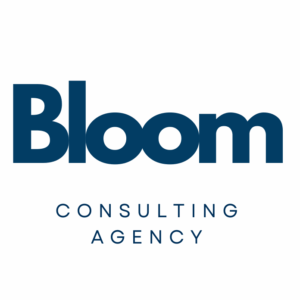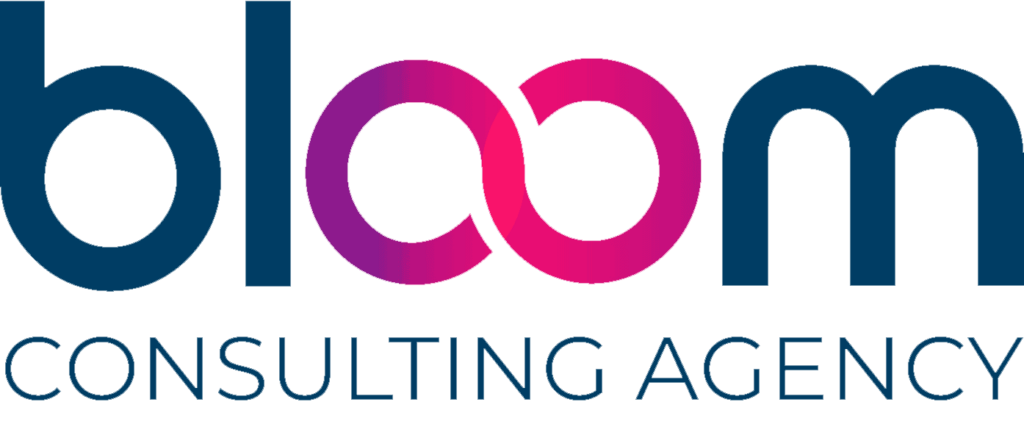As stewards of medical knowledge and expertise, healthcare professionals bear the responsibility of not only diagnosing and treating illnesses but also imparting essential information to patients. Consultants serve as catalysts for positive change within healthcare organizations by leveraging their expertise to enhance patient engagement and educational initiatives. Patient education transcends the mere transmission of facts; it involves fostering a collaborative relationship between healthcare providers and patients, empowering individuals to comprehend and actively manage their health.
Patient Education
Patient education is a process by which healthcare professionals impart information to patients to enhance their understanding of health conditions, treatment options, and self-care strategies. Effective patient education involves clear communication, tailored to the individual’s needs, preferences, and literacy levels. Healthcare consultants can provide several tools and strategies to improve patient education, including:
- Clear Communication Techniques: Use plain language and avoid medical jargon to ensure that patients can easily comprehend information. Encourage patients to ask questions, and actively listen to their concerns.
- Visual Aids and Multimedia: Utilize visual aids such as diagrams, charts, and videos to complement verbal explanations. Visual tools can enhance understanding and retention of information.
- Written Materials: Provide written materials, including pamphlets, brochures, and instructions, to reinforce verbal communication. Written materials allow patients to review information at their own pace.
- Digital Health Platforms: Leverage technology to deliver educational content through patient portals, mobile apps, or online platforms. This enables patients to access information conveniently and promotes ongoing engagement.
- Interactive Workshops and Classes: Conduct group sessions or workshops where patients can actively participate, ask questions, and learn from one another. This fosters a sense of community and shared learning.
- Health Literacy Assessments: Assess patients’ health literacy levels and tailor educational materials accordingly. This ensures that information is presented in a way that is understandable to the individual.
- Patient Counseling and Support Groups: Offer one-on-one counseling sessions or facilitate support groups where patients can discuss their concerns and share experiences. Peer support can be a valuable educational tool.
- Cultural Competence: Consider cultural differences and tailor educational approaches to accommodate diverse backgrounds. Cultural competence enhances communication and understanding between healthcare professionals and patients.
- Follow-Up Communication: Establish a system for follow-up communication to address any questions or concerns that may arise after the initial education session. This demonstrates ongoing support and reinforces key concepts.
- Feedback Mechanisms: Encourage feedback from patients about the effectiveness of educational materials and sessions. Continuous improvement based on patient input can enhance the overall educational experience.
By integrating these tools and strategies into their practice, healthcare professionals can contribute to the development of informed and empowered patients, ultimately improving health outcomes and fostering collaborative healthcare partnerships.
Patient Engagement
Patient engagement refers to the active involvement, participation, and collaboration of individuals in their healthcare journey. It goes beyond traditional healthcare practices by emphasizing the role of patients as partners in the decision-making process, encouraging them to take an active interest in managing their health and well-being. Healthcare consultants can play a pivotal role in improving patient engagement by implementing various strategies and initiatives. Here are several ways healthcare consultants can contribute to enhancing patient engagement:
- Assess Current Practices: Conduct a comprehensive assessment of the current patient engagement strategies within the healthcare organization, identifying areas for improvement and gaps in existing processes.
- Develop Tailored Patient Engagement Plans: Create customized patient engagement plans that take into account the unique characteristics, preferences, and needs of the patient population served by the healthcare organization.
- Implement Digital Health Solutions: Advocate for and assist in the implementation of digital health tools, such as patient portals, mobile apps, and telehealth platforms, to facilitate easier access to healthcare information and services.
- Enhance Communication Strategies: Provide guidance on improving communication strategies between healthcare providers and patients, emphasizing clear and empathetic communication to foster trust and understanding.
- Educational Programs: Design and implement educational programs that empower patients with the knowledge and skills needed to actively participate in their healthcare decisions, including information about their conditions, treatment options, and preventive measures.
- Cultural Competency Training: Offer training programs for healthcare professionals to enhance cultural competence, ensuring that patient engagement strategies consider diverse cultural backgrounds and preferences.
- Promote Health Literacy: Develop initiatives to improve health literacy, creating educational materials that are easily understandable, culturally sensitive, and accessible to a diverse patient population.
- Encourage Shared Decision-Making: Advocate for shared decision-making processes between healthcare providers and patients, fostering collaborative discussions about treatment plans, goals, and preferences.
- Community Outreach and Engagement: Facilitate community outreach programs to connect with patients outside of clinical settings, addressing social determinants of health and promoting holistic well-being.
- Establish Patient Advisory Councils: Help healthcare organizations establish patient advisory councils or committees, allowing patients to actively participate in decision-making processes and provide valuable feedback.
- Continuous Feedback Mechanisms: Implement systems for collecting and acting upon patient feedback, ensuring that patient perspectives are considered in the ongoing improvement of healthcare services.
- Utilize Patient Navigators: Introduce patient navigators or care coordinators to guide patients through the healthcare system, providing support, assistance, and helping them navigate complex healthcare processes.
- Gamification and Incentives: Integrate gamification elements and incentives into patient engagement initiatives to make healthcare interactions more engaging and encourage patients to actively participate in their own care.
- Evaluate and Adjust Strategies: Regularly evaluate the effectiveness of patient engagement strategies, using data and feedback to make adjustments and improvements over time.
By combining these approaches, healthcare consultants can contribute significantly to creating a patient-centered healthcare environment, where individuals are actively involved in their care and experience improved health outcomes.
Increasing Patient Education and Engagement
To enhance patient education and engagement throughout the healthcare process, a variety of tools and resources can be provided to patients before, during, and after a medical visit.
Before a Medical Visit
Send appointment reminders via text, email, or phone calls to ensure patients are aware of their upcoming visits. Encourage patients to complete pre-visit questionnaires to provide relevant information about their health status, concerns, and goals. Provide printed brochures or pamphlets that explain common medical terms, treatment options, and what to expect during the visit. Encourage patients to sign up for patient portals to access their medical records, test results, and educational materials.
During a Medical Visit
Use tablets or interactive screens in waiting areas to provide educational videos, quizzes, or interactive tools that explain medical concepts. Use visual aids such as charts, diagrams, and anatomical models to explain medical conditions and treatment options. Display educational videos in waiting areas or examination rooms covering topics relevant to the patient’s condition or upcoming procedures. Offer video consultations for patients who prefer remote interactions, providing an opportunity for real-time discussions with healthcare providers.
After a Medical Visit
Provide patients with a summary sheet that outlines key points discussed during the visit, including diagnoses, treatment plans, and follow-up instructions. Offer a detailed list of prescribed medications, including dosage instructions and potential side effects. Share post-visit resources, such as articles, videos, or additional reading materials, to reinforce the information discussed during the visit. Provide self-care guides that offer practical tips and recommendations for managing specific health conditions. Encourage patients to provide feedback through surveys, helping healthcare providers understand the patient experience and areas for improvement. Develop personalized care plans that outline ongoing steps, lifestyle changes, and necessary follow-up appointments.
By incorporating these tools and resources into the patient journey, healthcare providers can create a more informed and engaged patient population, leading to improved outcomes and a more collaborative approach to healthcare.
Find Help with Patient Education and Engagement Today
At Bloom, our proven expertise in consultancy uniquely positions us to transform traditional healthcare dynamics, creating an ecosystem where patients are not merely recipients but active, informed participants in their well-being. Let us be the catalyst for change, implementing cutting-edge digital solutions, personalized educational programs, and strategic communication frameworks to enhance patient experiences. Contact Bloom Consulting today, and let’s cultivate a healthcare environment where knowledge empowers and engagement thrives.










